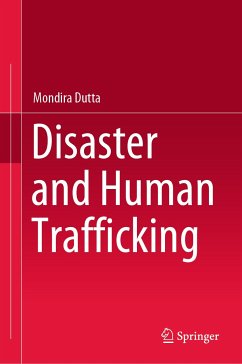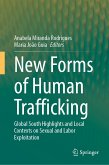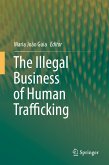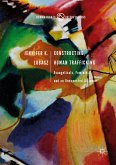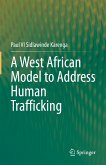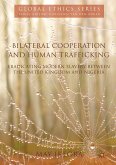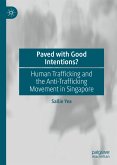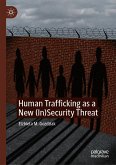The book adapts a multidisciplinary approach embedding concepts from political, social, economic and anthropological perceptions. The discourse in the book revolves around the emotional and psycho-social stress factors including weak implementation of laws and policies at various levels. The content weaves around three themes -- magnitude and interlinks between disaster and human trafficking; policies and protocols on disaster risk reduction and human trafficking and community participation and institutional support. Through these themes, the volume works on identification of the vulnerable areas which are not in compliance with the Sendai Framework of Action, 2015 in the backdrop of the Disaster Management Act of India, 2005. The volume will be of immense interest to a wide range of practitioners, researchers, academicians, policy makers, political leaders, gender experts, international organizations, disaster management authorities, civil society organisations, and scholars working in the area of human rights in general and trafficking in particular.
Note: This research was funded by Indian Council of Social Science Research (ICSSR).
Human Trafficking is complex, layered and lies at the intersections of multiple vulnerabilities, gender being among the most significant ones. This gets exacerbated during both natural and human made disasters. Any attempt to either understand or address it will be fraught with challenges if women and girls' unique vulnerabilities, as well as their needs, voice, choice, agency and safety is not centre-staged in any effort. Mondira's book does exactly that...it succinctly and in simple words explores the compounding discriminations, including structural inequalities, that cause and result in women and girls differential gendered vulnerabilities to being trafficked during disasters. Once this is understood, the solutions can be specific, gender responsive, and sustainable.
- Anju Dubey Pandey, Gender Responsive Governance and Ending Violence against Women Specialist, UN Women, New Delhi, India
Dieser Download kann aus rechtlichen Gründen nur mit Rechnungsadresse in A, B, BG, CY, CZ, D, DK, EW, E, FIN, F, GR, HR, H, IRL, I, LT, L, LR, M, NL, PL, P, R, S, SLO, SK ausgeliefert werden.

